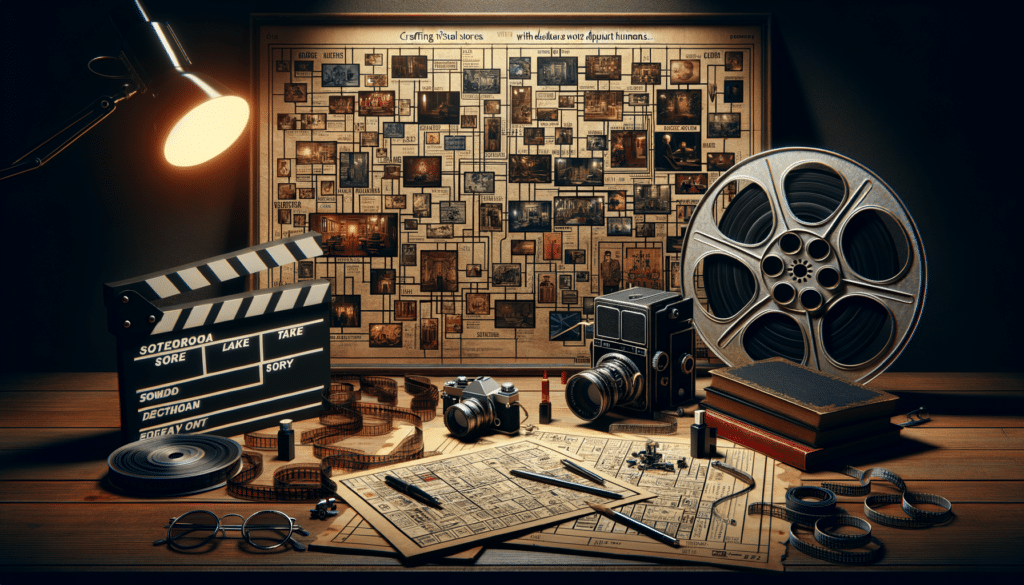Introduction to Cinematography Courses
Cinematography is the art and science of capturing visual images for film and media. It combines technical expertise with creative vision to tell stories through the lens of a camera. With the rise of digital media and streaming platforms, the demand for skilled cinematographers has never been higher. Cinematography courses play a crucial role in equipping aspiring filmmakers with the knowledge and skills necessary to excel in this dynamic field. These courses offer a structured environment where students can learn about camera techniques, lighting, composition, and storytelling, among other essential aspects.
Core Components of Cinematography Courses
At the heart of any cinematography course are its core components, which provide students with a solid foundation in both the technical and artistic aspects of the craft. Key areas of study typically include:
- Camera Operation: Understanding the mechanics of different types of cameras, lenses, and accessories.
- Lighting Techniques: Learning how to manipulate light to create mood and atmosphere.
- Composition: Mastering the art of framing and visual storytelling.
- Color Theory: Exploring the impact of color on emotion and narrative.
- Post-Production: Gaining skills in editing and visual effects to enhance the final product.
These components are designed to provide students with a comprehensive understanding of cinematography, enabling them to create visually compelling narratives.
Comparing Cinematography Courses: What to Look For
When choosing a cinematography course, it’s important to consider several factors to ensure it meets your educational and career goals. Here are some aspects to evaluate:
- Curriculum: Does the course cover a wide range of topics, from basic techniques to advanced concepts?
- Faculty: Are the instructors experienced professionals with a strong background in the industry?
- Facilities: Does the institution provide access to state-of-the-art equipment and studios?
- Industry Connections: Are there opportunities for internships or networking with industry professionals?
- Alumni Success: What have past graduates achieved in their careers?
By carefully assessing these elements, prospective students can select a course that aligns with their aspirations and provides a pathway to success.
The Impact of Cinematography Courses on Career Development
Cinematography courses can significantly impact career development by providing students with the skills and credentials needed to enter the competitive film industry. Graduates often find opportunities in various roles, such as:
- Camera Operator: Responsible for capturing footage on set.
- Director of Photography: Overseeing the visual aspects of a film or television production.
- Lighting Technician: Specializing in the setup and management of lighting equipment.
- Editor: Crafting the final narrative through post-production techniques.
These roles require a combination of technical proficiency and creative insight, both of which are cultivated through comprehensive cinematography training.
Conclusion: The Future of Cinematography Education
As technology continues to evolve, so too does the field of cinematography. Courses must adapt to incorporate new tools and techniques, ensuring that students are prepared for the challenges and opportunities of the future. With a strong foundation in both traditional and digital methods, cinematography courses remain an essential stepping stone for aspiring filmmakers. By investing in education, students can unlock their potential and contribute to the ever-expanding world of visual storytelling.




